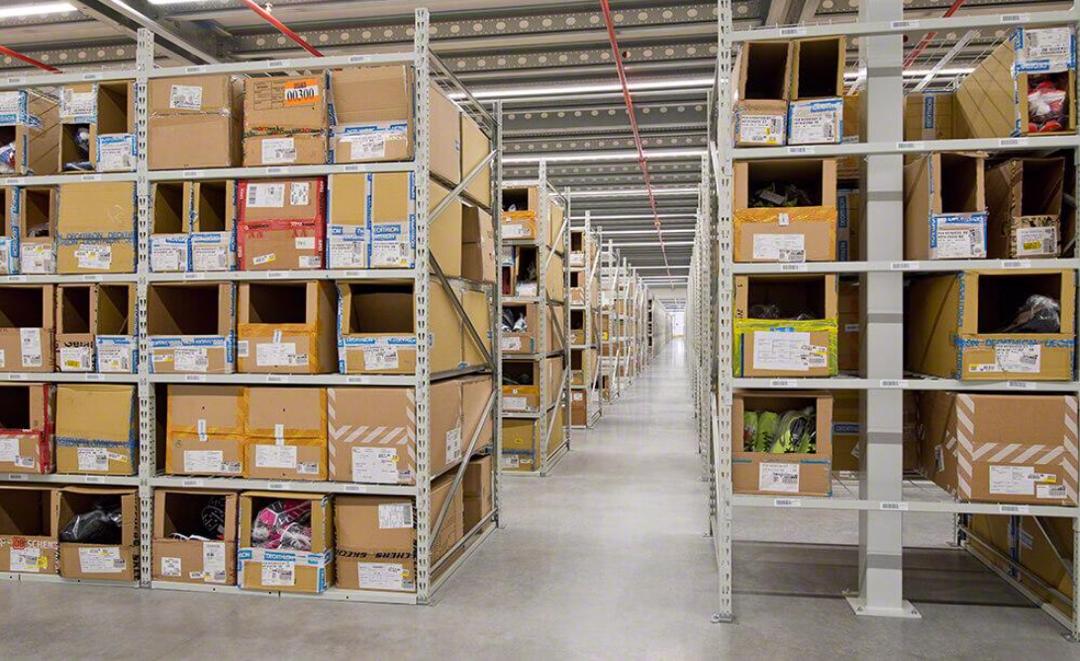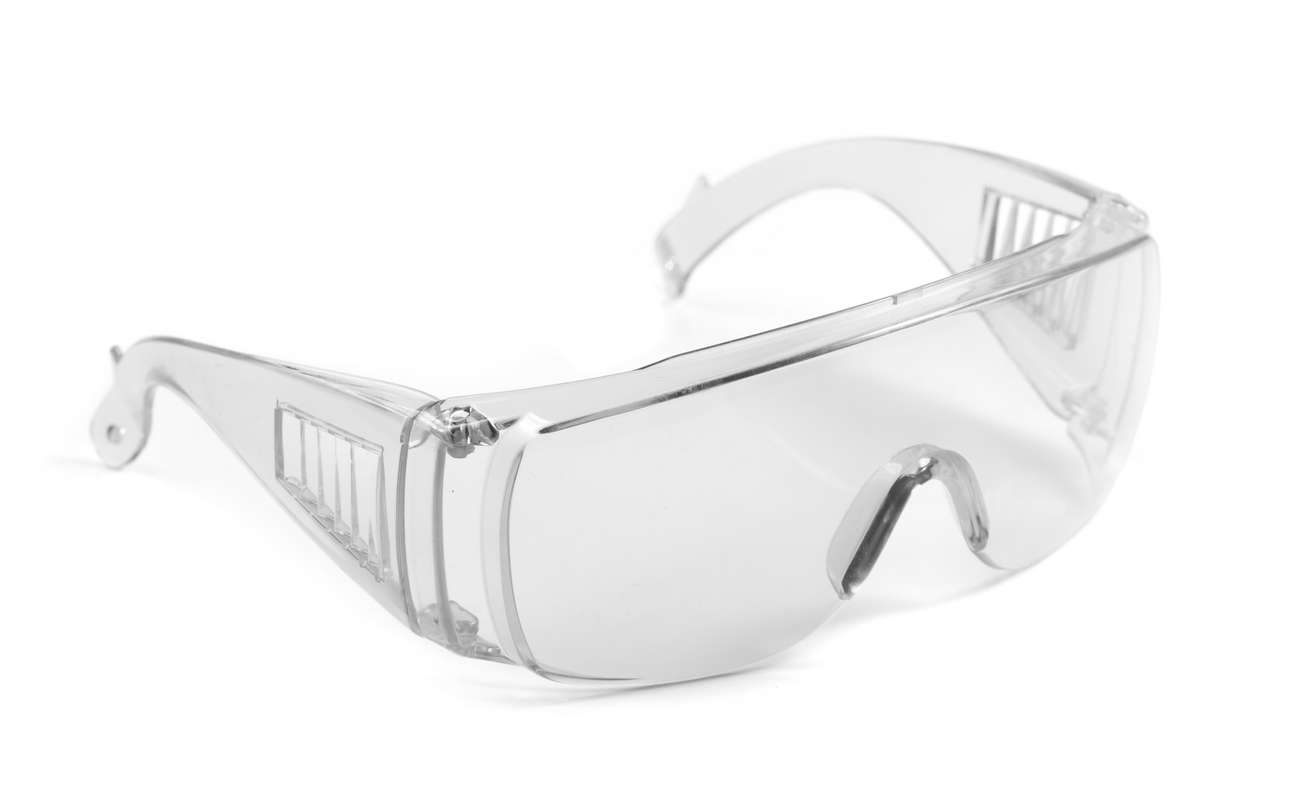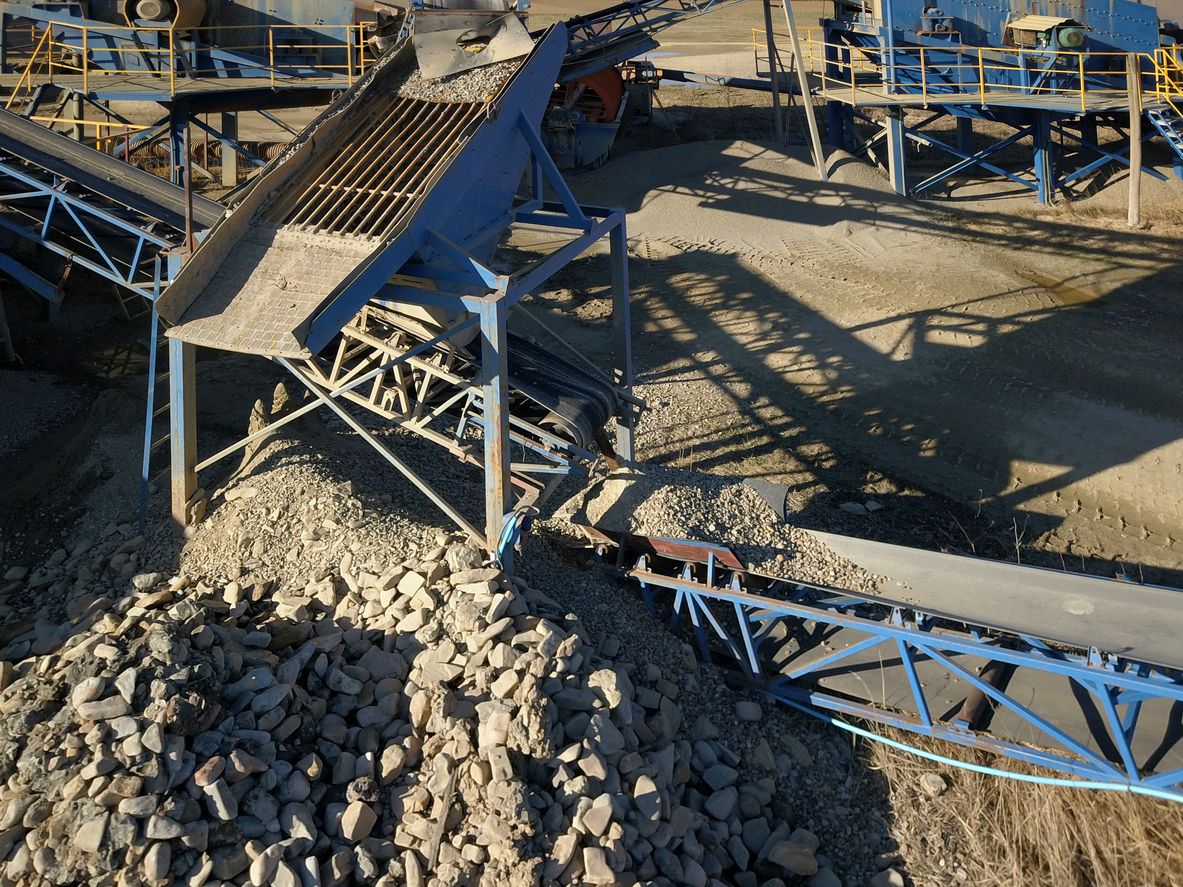Lagos Nigeria’s Leading Excess Inventory Supplier, Wigmore Trading
Lagos Nigeria’s Leading Excess Inventory Supplier, Wigmore Trading
Excess inventory can mean different things to different businesses. For some, excess inventory is a sign of success and happy customers. For others, it could indicate that something isn’t working as intended or that the business needs to streamline its production process. If you think your business might have excess inventory, you need to find the best excess inventory suppliers in Nigeria. Finding reliable suppliers isn’t always easy, but there are plenty of possible options. Moreover, whether or not you sell excess inventory, finding reliable suppliers is important for any business. It helps reduce costs and streamlines production, which can help keep overhead low and sales high. Read on to find out more about how you can find the best excess inventory suppliers in Nigeria.
Know What Excess Inventory Means to Your Business
When a business has excess inventory, it has more products in stock than are needed or expected. This could be the result of many things. The business could have expanded production quickly and now has more stock than it can sell in a reasonable amount of time. Customers may be buying more of a product than expected, leading to overstock. Excess inventory can happen for a number of reasons. Before you start looking for suppliers of excess inventory, you need to find out if your business actually has any. If you don’t, there’s no need to be buying excess inventory from suppliers.
Finding the Right Suppliers
Finding the right suppliers for excess inventory can be tricky. There are lots of reasons why a business would have excess inventory and you don’t want to get tied up in a bad deal. To find the right suppliers of excess inventory, you need to do a few things. First, assess your current inventory. How much do you have on hand and how quickly are you selling it? By reviewing your inventory levels, you can get a good idea of what your suppliers are going to be able to offer. You can also use this as a way to gauge how much profit you stand to make on the sale. If excess inventory suppliers in Nigeria are offering a price lower than the amount you’ll make off the sale, you don’t want to do it.
Meet with Potential Excess Inventory Suppliers
Once you’ve narrowed down the field based on your inventory levels, you should meet with a few possible suppliers of excess inventory in Nigeria. Try to meet with as many suppliers as possible, even if they aren’t on your short list. You never know what you might learn or whom you might meet that could help your business in the future. You might want to bring someone along, like your accountant or the head of your purchasing department. This can help you get more out of the meetings and make more informed decisions. Meet with suppliers in person, if possible. This gives you a chance to see the suppliers in action and get a better idea of how they operate and what kind of company they are.
Ask the Right Questions
The most important part of any supplier interview is the questions you ask. You need to have a good idea of what you’re looking for in a supplier and a supplier needs to have a good idea of what they are selling. This is why it’s so important to make sure you ask the right questions. Some of the questions you should be asking include: What is the process for getting the inventory you’re selling approved? What is your return policy? How quickly can you make delivery? How will the payment process work? What happens if a shipment is lost or there is a problem with it? While these are important questions, it’s also a good idea to dig a bit deeper. Try to get a feel for the supplier’s business and how they operate. You want to be sure they are a good fit for your business.
Estimate Costs Before Making a Decision
Before you make a decision about buying excess inventory from a supplier, you need to know what it’s going to cost. You can do this either by asking the supplier or by making an estimate yourself. Some suppliers will want to do a deal in which there is no set price. This can be fine, but you need to make sure you’re getting some kind of guarantee that they will buy back the inventory when you’re done with it.
Conclusion
Excess inventory can be a great way to save money on supplies and inventory without causing any harm to your business. This is only possible if you are able to find the right suppliers and if you make sure you know what you are buying before you sign any contracts.








LEAVE A COMMENT
You must be logged in to post a comment.